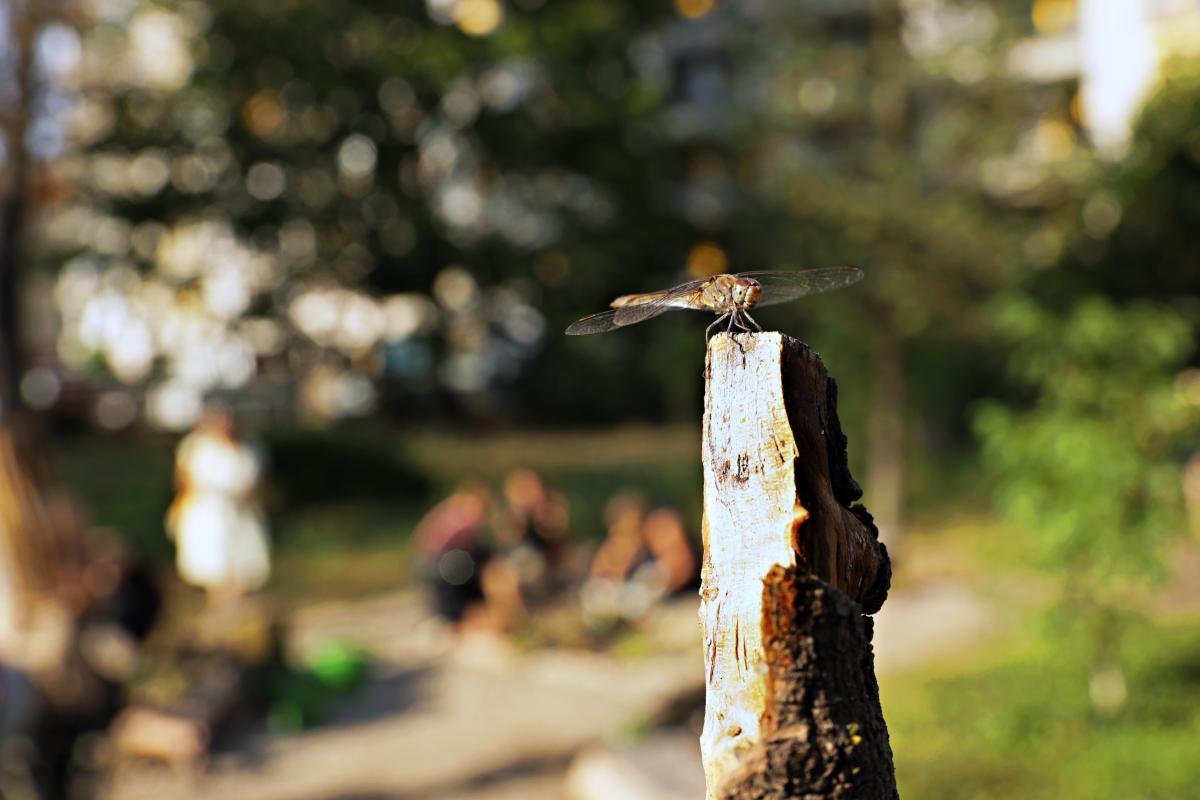Berlin is a very green city with lots of nature. In many cases, we still know too little about this local nature, especially how it is changing. Urban nature plays an important role for Berliners, because good access to green spaces, parks and recreational areas is also crucial for the quality of life of Berlin's urban population. This is shown by the results of the survey on environmental justice in Berlin's districts. These two aspects, "research on nature in Berlin" and "better access to urban nature and environmental education projects", are the focus of our new, interdisciplinary project.
The pilot project "Vielfalt Verstehen" (which translates to “Understanding Diversity”) will be carried out by the Museum für Naturkunde (MfN) from 2023 to 2025 in cooperation with the Senate Department for Mobility, Transport, Climate Protection and the Environment (SenMVKU). We want to support citizens in independently experiencing places with special biodiversity, promoting them and making a long-term commitment to the protection of biodiversity.
In "Vielfalt Verstehen", places where many different species live are explored in the districts of Mitte and Reinickendorf, i.e. directly in the residential areas of Berliners, together with schools, associations, district organizations and residents. We also offer extensive environmental education and participation opportunities. The project combines expertise from the fields of natural science research, education and citizen science and works in an interdisciplinary manner on topics such as nature education, nature conservation, health and environmental justice. Based on existing data, we will select green spaces and biotopes that are characterized by a special biodiversity and develop criteria to better protect and promote these areas.
Through training for multipliers, such as teachers, environmental educators and educators, and the involvement of the Berlin population in biodiversity research, new meeting places for knowledge exchange, recreation and experiencing nature will be created in the long term. In addition to recording biodiversity, these are important building blocks for the long-term preservation and development of biodiversity in the changing urban space of Berlin.
